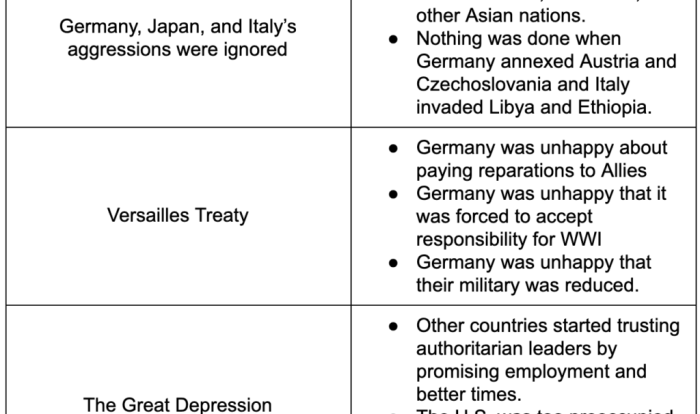Texes special education ec 12 – Welcome to the world of TEXES Special Education EC-12, where we dive into the intricacies of educating students with disabilities in the Lone Star State. Join us as we explore the legal framework, assessment processes, services, and supports that shape the educational journey of these exceptional learners.
In this comprehensive guide, we’ll navigate the Texas Education Code, Chapter 29, to understand the rights and responsibilities of students with disabilities. We’ll delve into the role of the Texas Education Agency (TEA) and the Individualized Education Program (IEP) team in ensuring that each student receives tailored support.
Educational Provisions for Students with Disabilities in Texas
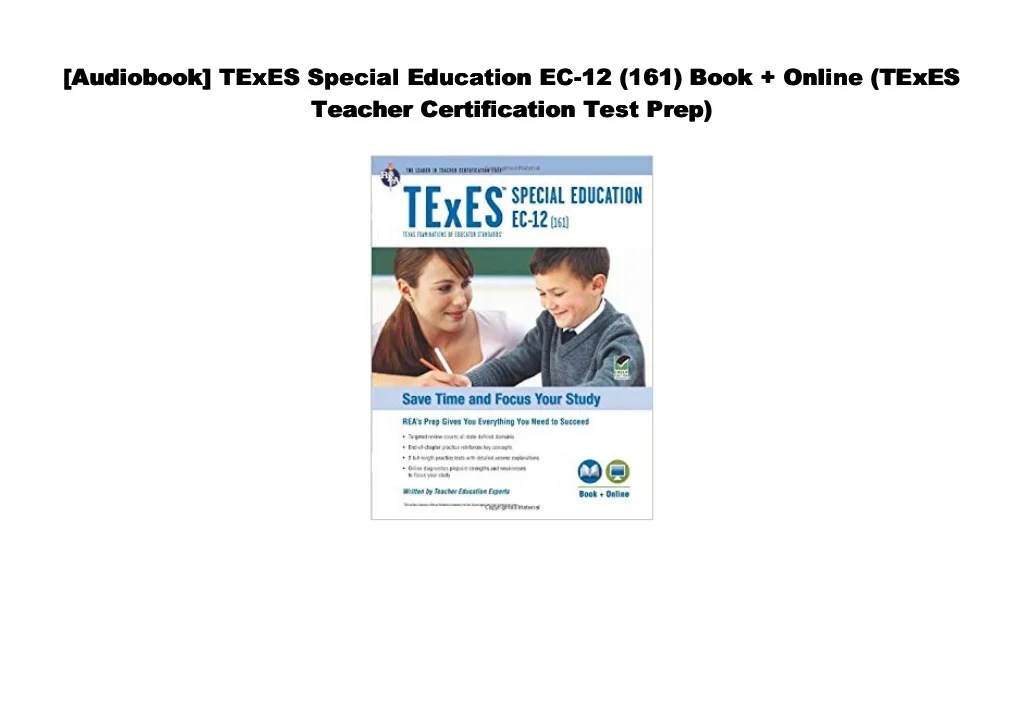
Texas has a comprehensive legal framework and policies governing special education services for students with disabilities. The primary legislation is the Texas Education Code (TEC), Chapter 29, which Artikels the rights and responsibilities of students with disabilities and the provisions for their education.
Role of the Texas Education Agency (TEA), Texes special education ec 12
The Texas Education Agency (TEA) is responsible for overseeing and supporting special education programs in the state. TEA provides guidance and resources to school districts on implementing special education services, monitors compliance with state and federal laws, and investigates complaints.
Identification and Assessment of Students with Disabilities
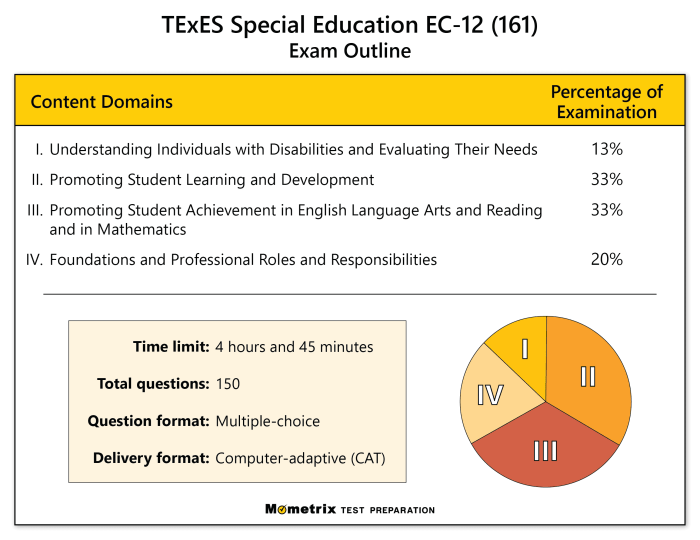
In Texas, the identification and assessment of students with disabilities is a collaborative process involving parents, teachers, administrators, and other professionals. The goal of this process is to determine if a student has a disability that impacts their educational performance and to develop an Individualized Education Program (IEP) that meets their unique needs.
Assessment Process
The assessment process begins with a referral from a parent, teacher, or other professional who believes that a student may have a disability. The school district then conducts an evaluation to determine if the student meets the eligibility criteria for special education services.
The evaluation may include academic, functional, and medical assessments.
Academic Assessments
Academic assessments measure a student’s academic skills and abilities in areas such as reading, writing, and math. These assessments can help to identify students who are struggling academically and may need additional support.
Functional Assessments
Functional assessments measure a student’s ability to perform everyday tasks and activities. These assessments can help to identify students who have difficulty with social skills, communication, or self-care.
Medical Evaluations
Medical evaluations are conducted by a doctor or other healthcare professional to determine if a student has a physical or mental health condition that impacts their educational performance. These evaluations can help to identify students who need specialized services, such as speech therapy or occupational therapy.
Individualized Education Program (IEP)
Once a student has been determined to be eligible for special education services, an IEP team is formed to develop an IEP. The IEP team includes the student’s parents, teachers, administrators, and other professionals who are involved in the student’s education.
The IEP Artikels the student’s unique needs, goals, and services.
Special Education Services and Supports
In Texas, a comprehensive array of special education services and supports is available to students with disabilities, ensuring they receive the individualized assistance they need to succeed academically, socially, and emotionally.
These services are meticulously tailored to meet the unique needs of each student, encompassing academic interventions, related services, and assistive technology. The provision of a continuum of services, spanning from early intervention to post-secondary education, is paramount in ensuring that students with disabilities have access to the support they require throughout their educational journey.
Academic Interventions
Academic interventions encompass a range of instructional strategies and supports designed to address the specific learning challenges faced by students with disabilities. These interventions may include:
- Individualized instruction
- Small group instruction
- Assistive technology
li>Modifications to curriculum and assignments
Related Services
Related services are essential supports that complement academic instruction and enable students with disabilities to access and participate in the general education curriculum. These services may include:
- Speech-language therapy
- Occupational therapy
- Physical therapy
- Counseling
- Transportation
Assistive Technology
Assistive technology encompasses a wide range of devices and tools that enhance the learning experience for students with disabilities. These technologies may include:
- Communication devices
- Computer software
- Adaptive equipment
- Sensory aids
Collaboration and Partnerships
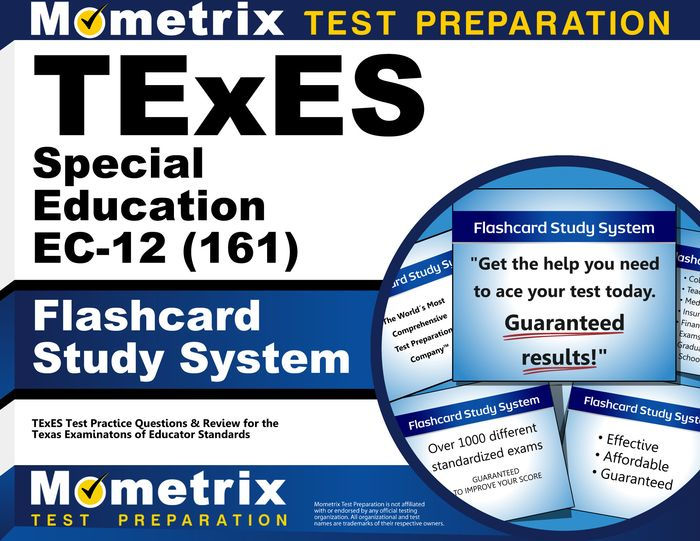
Collaboration among educators, parents, and other stakeholders is crucial for supporting students with disabilities. It fosters a shared understanding of the student’s needs and strengths, leading to effective interventions and support.
Role of the IEP Team
The Individualized Education Program (IEP) team serves as a platform for facilitating communication and decision-making. It brings together educators, parents, related service providers, and the student (when appropriate) to develop and implement the student’s individualized education plan.
Partnerships with Community Organizations
Partnerships with community organizations and agencies provide additional resources and support for students with disabilities. These organizations offer a range of services, such as respite care, after-school programs, and vocational training, which can enhance the student’s overall well-being and educational outcomes.
Monitoring and Evaluation: Texes Special Education Ec 12
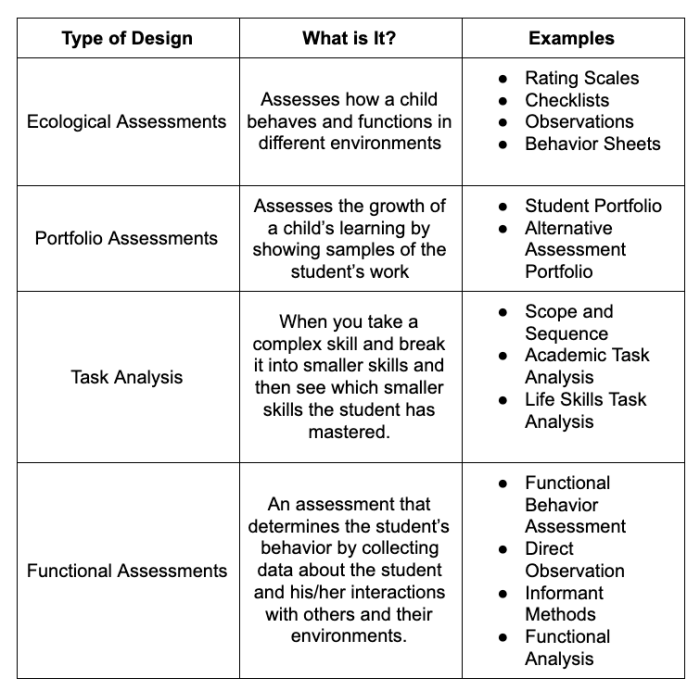
Ensuring the effectiveness of special education services in Texas requires a systematic process of monitoring and evaluation. This process involves collecting and analyzing data to assess student progress, program outcomes, and the overall effectiveness of services.
The preparation for the TEXES Special Education EC-12 certification exam can be quite a challenge, but there are many resources available to help you succeed. One helpful resource is a website that offers practice questions and explanations, such as Suffix with Dickens or Orwell . This site can help you identify areas where you need more practice and provides detailed explanations to help you understand the concepts being tested.
By utilizing these resources, you can increase your chances of passing the TEXES Special Education EC-12 exam and becoming a certified special education teacher.
Data collection is crucial for tracking student growth and identifying areas where adjustments or improvements are needed. This data includes academic performance, functional skills, behavior, and other relevant indicators.
Data-Driven Decision-Making
Data analysis is essential for interpreting the collected data and making informed decisions about special education services. This analysis helps identify trends, patterns, and areas for improvement. The findings are used to develop evidence-based practices and make data-driven decisions that enhance the quality of special education services.
Collaboration and Communication
Effective monitoring and evaluation involve collaboration among educators, administrators, parents, and other stakeholders. Regular communication and feedback loops ensure that all parties are informed about student progress and program effectiveness, fostering a shared understanding and commitment to continuous improvement.
Advocacy and Legal Considerations
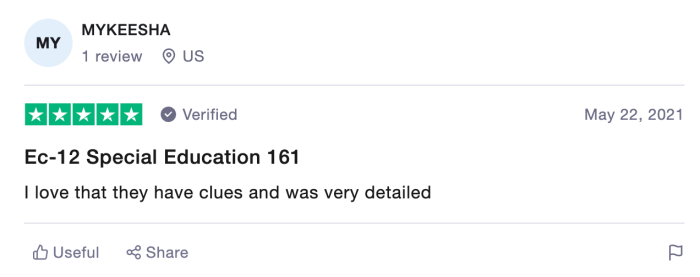
Students with disabilities in Texas are entitled to various legal rights and protections under federal and state laws. These laws ensure that students receive a free and appropriate public education (FAPE) that meets their unique needs.
Advocacy groups and legal professionals play a crucial role in safeguarding the rights of students with disabilities. They provide support and guidance to families, assist in navigating the special education process, and ensure that students receive the appropriate services and accommodations.
Importance of Staying Informed
It is essential for parents, educators, and advocates to stay informed about changes in laws and regulations related to special education. These changes can impact the rights and services available to students with disabilities. Regular monitoring of updates ensures that everyone involved is aware of their responsibilities and the latest best practices in the field.
Top FAQs
What is the purpose of TEXES Special Education EC-12?
TEXES Special Education EC-12 is a certification exam that ensures that educators have the knowledge and skills necessary to teach students with disabilities in Texas.
What are the eligibility requirements for taking the TEXES Special Education EC-12 exam?
To be eligible to take the TEXES Special Education EC-12 exam, you must have a bachelor’s degree in special education or a related field and have completed a teacher preparation program.
What is the format of the TEXES Special Education EC-12 exam?
The TEXES Special Education EC-12 exam is a computer-based test that consists of 100 multiple-choice questions.

